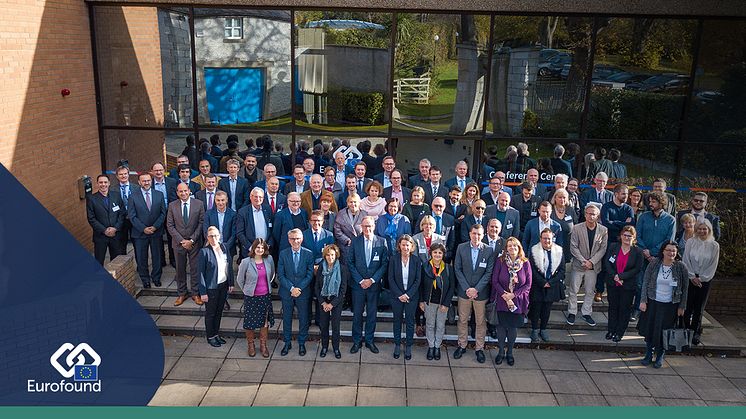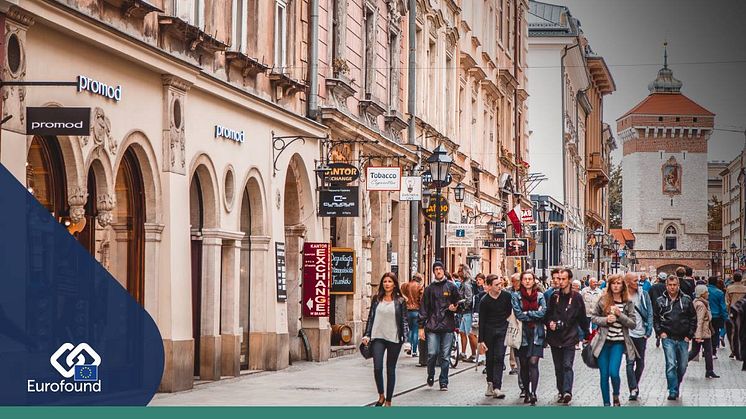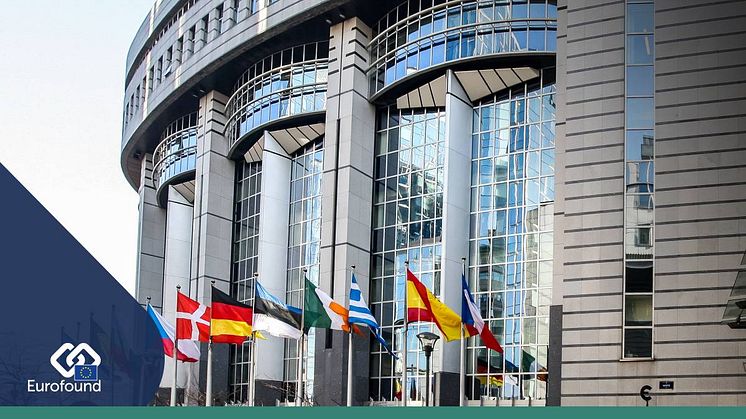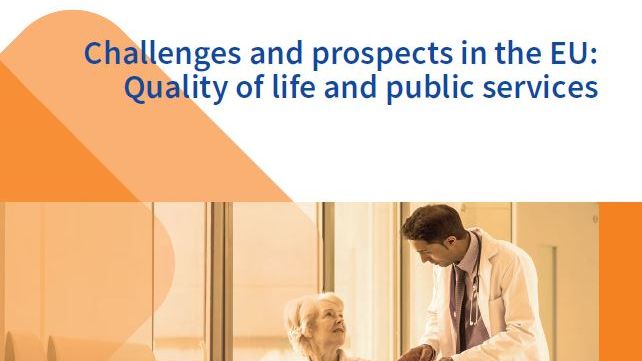100 years of 8-hour working days
John Maynard Keynes famously thought that, by now, the primary societal issue would be boredom, due to productivity increasing to a level where we would only need to work 15 hours per week. He was evidently wrong. Despite huge changes in technology and productivity, long working hours are still prevalent.




















